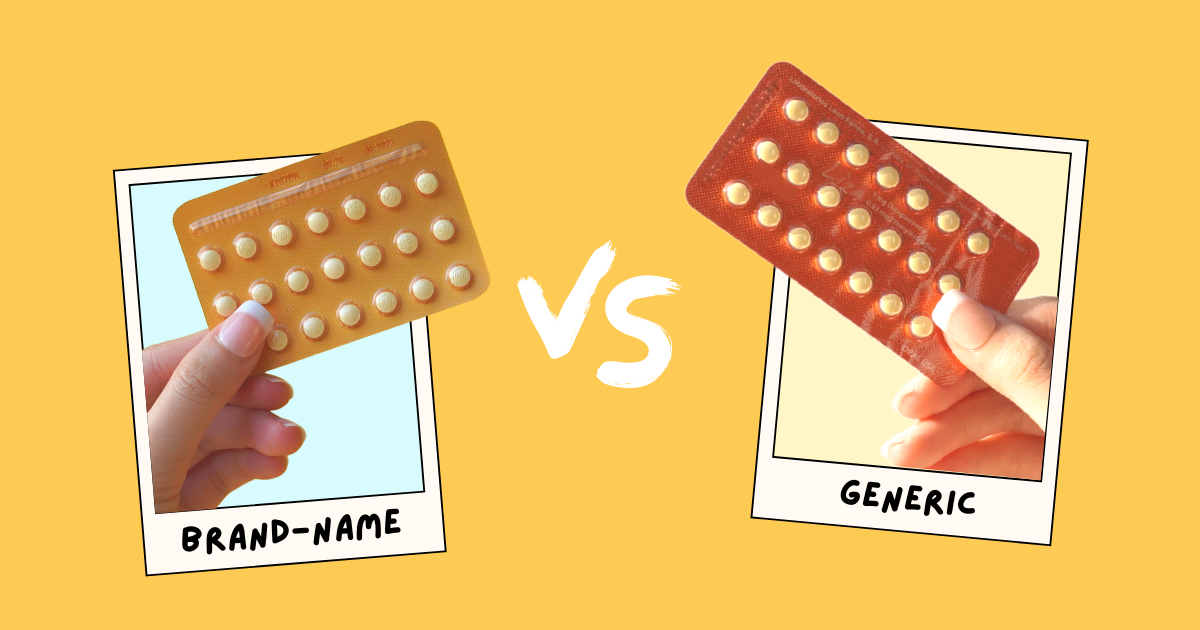For most men who have trouble keeping an erection firm enough for sex (erectile dysfunction), oral medications are often the first line of treatment as these medications work well and cause few side effects (if any).
With so many erectile dysfunction (ED) medications on the market, does it make any difference which one you take? In this article, we compared the pros and cons of Viagra, Cialis, Spedra, Caliberi, Levitra and their generics to help you decide which one is right for you.
Oral Erection Medications In Singapore
Viagra, Cialis, Spedra, Caliberi and Levitra are oral medications commonly prescribed by doctors in Singapore for the treatment of erectile dysfunction (ED). You may also know them by their generic names:
- sildenafil (Viagra)
- tadalafil (Cialis, Caliberi)
- avanafil (Spedra)
- vardenafil (Levitra)
ED medications are designed to be taken as needed or on a daily basis to help promote an erection during sexual stimulation. Not all of these medications work the same for everyone, so a doctor may suggest that you start with one and try another type if you’re not getting the results you want.
How Does Erectile Dysfunction (ED) Medication Work?
According to the Singapore Urological Association, the recommended oral treatment for ED is phosphodiesterase type 5 (PDE-5) inhibitors.
Viagra, Cialis, Spedra, Caliberi and Levitra are all PDE5 inhibitors that work by relaxing the blood vessels. This increases the rate of blood flow to the penis when you get aroused to create and sustain an erection.
They also enhance the effects of nitric oxide, a natural chemical your body produces that relaxes muscles in the penis. Relaxed muscles increase blood flow and allow you to get an erection in response to sexual stimulation.
How Fast Does Erectile Dysfunction (ED) Medication Work?
The onset time (how soon the drugs start working) determines how soon you can engage in intercourse.
There are 2 types of ED medications:
- As-needed. As-needed ED medications as the name suggest are taken prior to any sexual activity. It is best suited for men who are able to predict when they’ll have sex or if they don’t want to take a pill every day.
- Daily. These ED treatments are taken daily. Best suited for men who don’t like to plan ahead and want to be ready 24/7, or carry pills on them.
The onset time for as-needed ED treatments ranges from 15-60 minutes while the onset time for daily ED medication is continuous.
| Medication | How To Take It | Onset |
| Viagra® (Sildenafil) Sildenafil | Take 1 pill on empty stomach 30 minutes before sex | 30-60 minutes |
| Cialis® (Tadalafil) 20mg Tadalafil 20mg Caliberi® (Tadalafil) Orodispersible Films 20mg | Take 1 pill/film with or without food 30 minutes before sex | 30-45 minutes |
| Cialis® (Tadalafil) 5mg Caliberi® (Tadalafil) Orodispersible Films 5mg | Take 1 pill/film daily with or without food | Continuous |
| Spedra® (Avanafil) | Take 1 pill with or without food 15 minutes before sex | 15-30 minutes |
| Levitra® (Vardenafil) | Take 1 pill with or without food 30 minutes before sex. A high-fat meal might keep it from absorbing as quickly. | 30-60 minutes |
How Long Does Erectile Dysfunction (ED) Medication Last?
ED medications break down at different rates in the body. The duration of action (how long the effect lasts) ranges from 4-36 hours. Each dose should be sufficient to provide a full cycle of intercourse, from erection to climax.
It is not guaranteed for the effect to last through another cycle. For men who have sex more than once a day, Cialis 5mg and Caliberi 5mg will be preferred.
| Medication | Duration of Action |
| Viagra® (Sildenafil) Sildenafil | 4-5 hours |
| Cialis® (Tadalafil) 20mg Tadalafil 20mg Caliberi® (Tadalafil) Orodispersible Films 20mg | 24-36 hours |
| Cialis® (Tadalafil) 5mg Caliberi® (Tadalafil) Orodispersible Films 5mg | Continuous |
| Spedra® (Avanafil) | 6-12 hours |
| Levitra® (Vardenafil) | 4-5 hours |
How Much Does Erectile Dysfunction (ED) Medication Cost?
The cost of ED medications will depend on factors such as brand name, retailer and dose. Generic medications typically cost about 80% to 85% less than the same brand-name drug.
One of the best ways to save money on ED pills is to use services like Siena, which offers bundled purchases for a discounted price and provides both brand name and generic.
Do Generic Medications Work The Same As The Brand-Name Equivalent?
As the FDA explains, generic medications are required by law to be the same as their brand name equivalent in dosage, safety, effectiveness, strength, stability and quality, as well as in the way it is taken. Drug companies that produce generic medications are also required to do so in an environment that’s held to the same strict standards as that of the brand name medication.
In other words, the generic sildenafil that’s legally sold in Singapore provides exactly the same effects as the brand name Viagra and is equally safe to use.
Where To Buy Viagra, Cialis, Spedra, Caliberi and Levitra in Singapore?
The only (safest and legal) way to get Viagra, Cialis, Spedra, Caliberi, Levitra or other ED pills in Singapore is with a valid prescription from a Singapore-licensed doctor.
Singapore Telemedicine Service for Erectile Dysfunction
We get it. Going to a brick-and-mortar clinic for your sexual issues can be awkward and mundane. With Siena, you can now speak to a doctor online and get your ED treatment delivered discreetly, all from the comfort of your home.
References
- Harvard Health Publishing. (2020, April). Which drug for erectile dysfunction?. https://www.health.harvard.edu/mens-health/which-drug-for-erectile-dysfunction
- Rosen, R. C., Riley, A., Wagner, G., Osterloh, I. H., Kirkpatrick, J., & Mishra, A. (1997). The international index of erectile function (IIEF): a multidimensional scale for assessment of erectile dysfunction. Urology, 49(6), 822-830. https://www.sciencedirect.com/science/article/abs/pii/S0090429597002380
- Yuan, J., Zhang, R., Yang, Z., Lee, J., Liu, Y., Tian, J., … & Tang, J. (2013). Comparative effectiveness and safety of oral phosphodiesterase type 5 inhibitors for erectile dysfunction: a systematic review and network meta-analysis. European urology, 63(5), 902-912. https://www.sciencedirect.com/science/article/abs/pii/S0302283813000249









